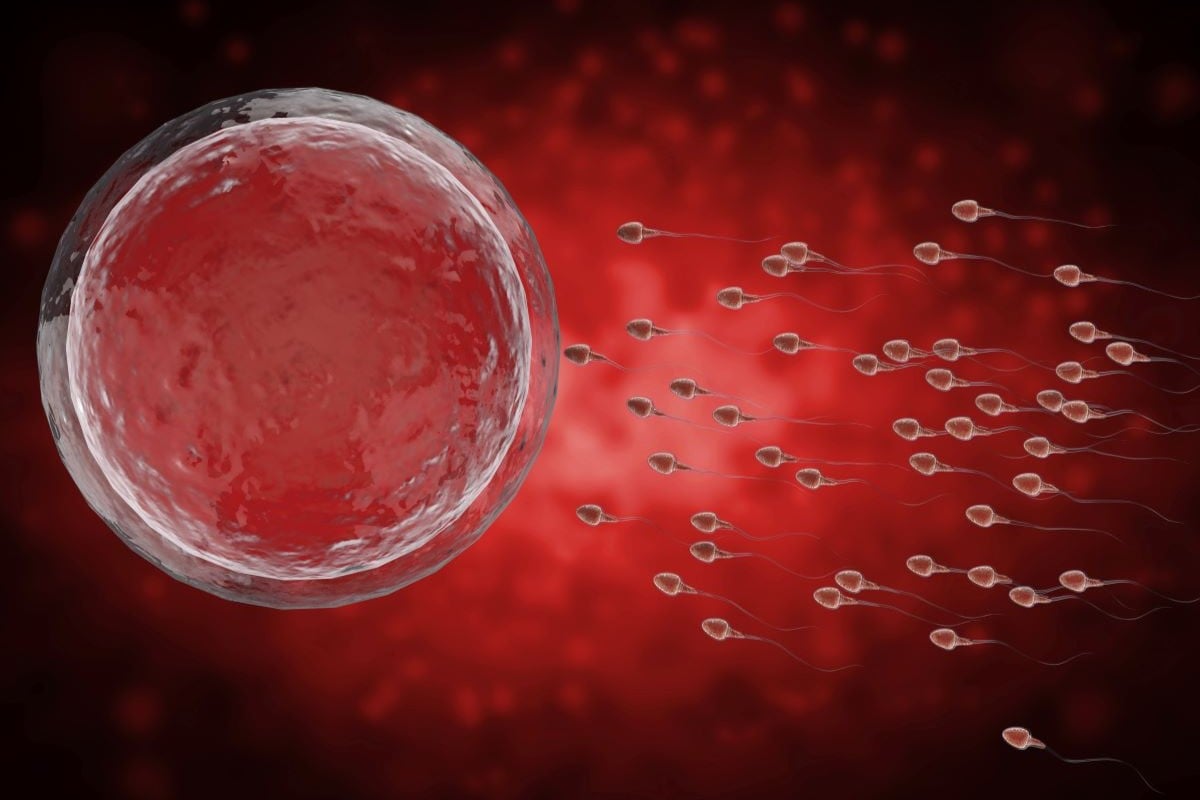No clear evidence seen for adverse impact of paternal antiseizure medication use on offspring outcomes
By Elana Gotkine HealthDay Reporter
MONDAY, Sept. 23, 2024 (HealthDay News) — Limited data indicate that paternal exposure to antiseizure medications (ASMs) at conception is unlikely to pose any major risk for adverse outcomes for offspring, according to a review published online Sept. 17 in the Journal of Neurology, Neurosurgery & Psychiatry.
Eliza Honybun, from the University of Melbourne in Australia, and colleagues conducted a systematic review to assess neurodevelopmental and anatomical outcomes in offspring born to fathers taking ASMs at the time of conception. Twenty-six studies underwent full-text review; 10 met the eligibility criteria for inclusion.
The researchers found limited evidence was available, and no clear evidence was found for an adverse impact of paternal ASM use on offspring outcomes. The few isolated adverse findings were not seen in other studies. A meta-analysis was prevented by several methodological limitations, including failure to report outcomes separately for each individual ASM, heterogeneity in measurement and outcome reporting, and small numbers of monotherapy exposures.
“While the findings summarized in our systematic review are overall reassuring for males taking ASMs, including valproate, it is clear that the potential reproductive implications of ASM exposure in males remain an underinvestigated area of research that should be prioritized over the next decade,” the authors write.
Several authors disclosed ties to the pharmaceutical industry.
Copyright © 2024 HealthDay. All rights reserved.








